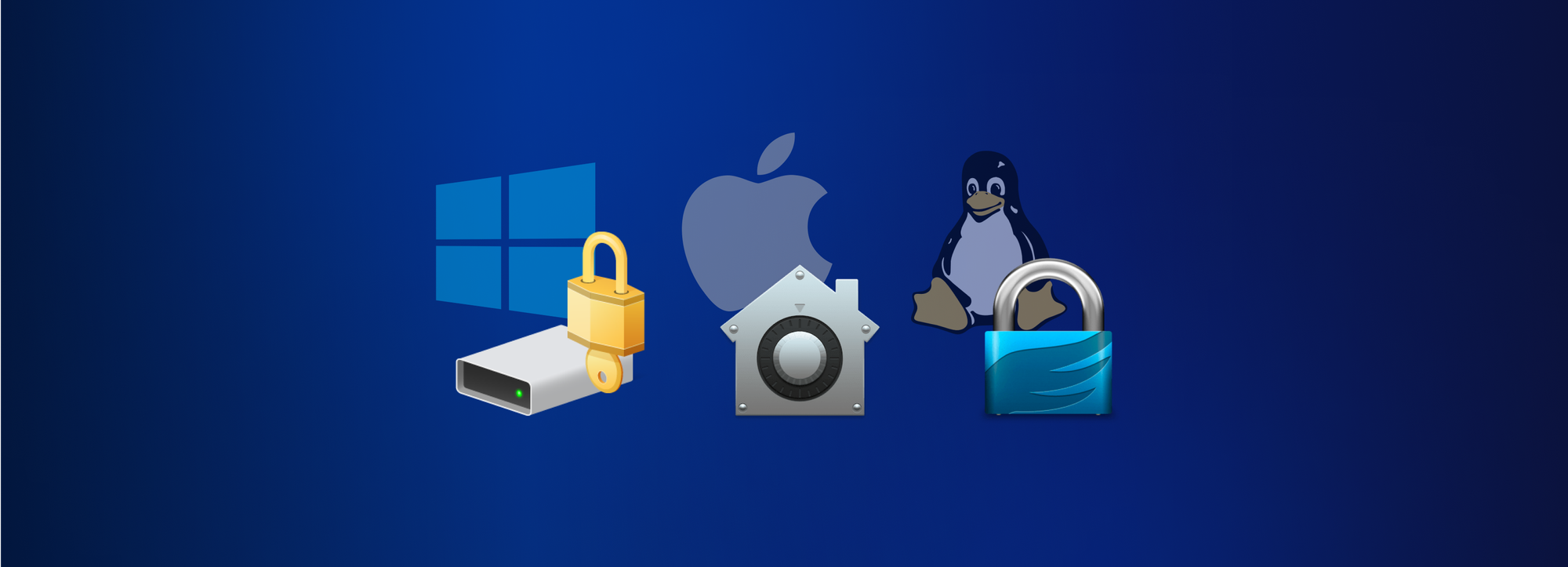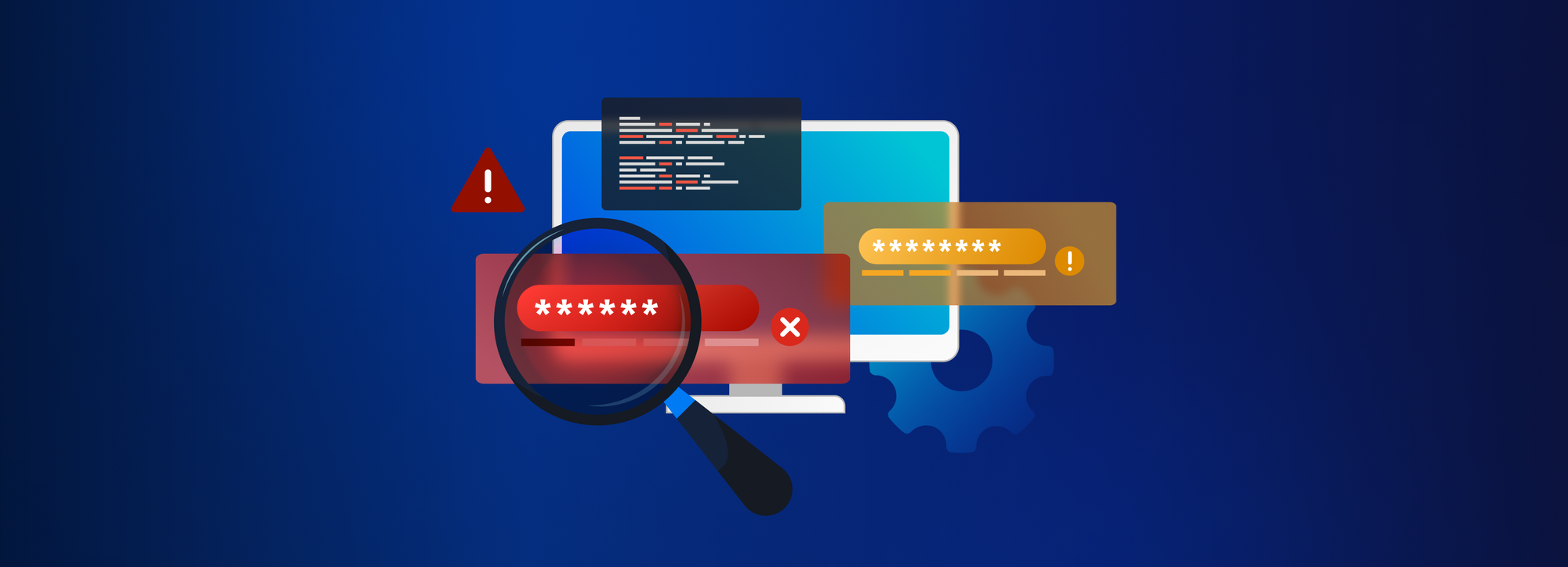5 things we learned from Ex-CIA executive Gus Hunt

Innovations in technology continue to shape the way we live and work, but we are failing to build a culture that can address the speed of this digitization. Data and the steps we take to protect it are core elements of this digitization, so we decided to recruit former CIA and current Accenture technology leader Gus Hunt to address some of these burning questions.
Read on for a round-up of the key takeaways from our talk:
1. The explosive digitalization of the commercial world has led to a renaissance of space exploration
Originally an aerospace engineer, Gus Hunt has been lucky enough to witness our space technology revolution first-hand - from the 1960s, when it was entirely government-driven, to the new wave of the Space Race, propelled by visionaries of the business world – think SpaceX, New Horizons, or Virgin Galactic. He believes that “(…) the commercial world can now think about how to do things in a new and different way. And once you can move technology at the hands of a much broader group of people, innovation just grows explosively.”
2. There’s no option to be off the grid; the only solution lies in handling our digital information consciously
Due to the volumes of digital devices and services we interact with everyday (from social media to online working, banking, and healthcare services), our analog and digital lives are now so intertwined that there is no way out of exposing our data on the Web.
The extraordinary level of personalization offered by prevalent digital tracking also creates a level of convenience that many are unwilling to give up - the only solution is to ingrain the secure sharing and use of data into our culture from a very early age.
3. Due to the vulnerabilities backdoors can cause in a system, they cannot be viable solutions to aid law enforcement
With an impressive career covering both the public and private sector, Gus is able to look at the controversial topic of encryption backdoors from multiple perspectives.
Nonetheless, his stance on the question is firm: “A mandatory backdoor into encryption is not a good idea. (…) The backdoor becomes a weakness that could potentially be exploited to the detriment of business and law-abiding citizens.”
It’s not just about having to deal with a lack of controls and processes around inserting a backdoor, but the challenge of finding an alternative to a ubiquitous and proven security technique.
4. Out with the “moat and castle model”, organizations must shift to “data-centric security”
Gus argues that instead of preventing people from infiltrating their infrastructures, organizations should design systems from their adversaries’ points of view. Data is the target for most malicious actors and, if the focus is shifted towards protecting the most sensitive data assets and shielding them with strong encryption, cybercriminals will end up empty-handed. Even if they manage to access anything, the data they’ll come across is simply "white noise" if encryption best practices are used.
5. Despite movie clichés, intelligence services are strictly regulated when it comes to data collection
As Gus puts it, “There's no general giant vacuum cleaner out there that's going after you”. Strict data laws regulate data collection methods and the extent to which intelligence services can carry out surveillance. Every step they take must be measured against the main goal: staying ahead of potential threats by understanding adversaries and analyzing behavior patterns.
If you’d like to dive deeper into our interview with Gus and learn more about backdoors, the cloud, and cybersecurity, you can check out the full episode here:






